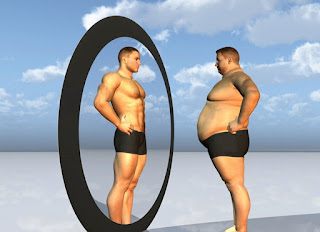For me, Taika's comments ring true: I still hear that kind of patronising, racist comment from time to time. Granted, I hear those comments less often than I used to, but they are still said, and often thought. So, as a nation, New Zealand and New Zealanders still have some way to go to migrate from our colonial past to a truly South Pacific culture.
At the same time as the media furore was gathering momentum, Forte Management's newsletter crossed my desk. The first paragraph of an article about New Zealand managers and culture said:
We are officially a nation of two equal cultures. We have a very multicultural workforce and do business all around the world. We need to understand cultures and the relationships between them at a much higher level. That’s the only way that we can avoid “cultural bloopers” and begin to root out racism and other “isms” where they do exist. And this is of relevance to every manager responsible for the performance of people. Prejudice and its more extreme versions, sexism, racism, ageism, etc have a real impact in business. They affect the attraction, development, and retention of the right people. (Smale & Smale, 18 April 2018).I agree, I think we need to constantly try to stand in another's shoes, to think about why someone would say what they say. I think it is even more important for those who are privileged to listen to those who are less privileged. Men often have no idea how hard it is as a woman to reach a good position and the rebuffs on the path, unless they have been interested to hear and understand the difficulties first hand. In the same way, Pākehā people have very little idea of the barriers met by Māori, unless they hear the stories of those affected first hand.
While Smale and Smale's article went on to say that they felt that Taika's approach to flagging inequality was a failure, I don't think it was. I feel that Taika highlighted in storm-trooper fashion that we in New Zealand can be smug and complacent, and think that the mahi (work) around racism is done. We as a community seem to have relaxed - we are a member of the Pacific community, and have banished racism from our lexicon. Yeah, right.
I think that we run grave risks of perpetuating our own unconscious prejudices by assuming we have done enough. We have generations of white male colonialist privilege to overturn, and that is not going to happen in five minutes. It is probably three or four generations away that we will reach something that approaches equality. This is mahi that is worth pursuing, because we should be equal. New Zealand was founded at a time where equality was a highly-prized Victorian value. It underpins who we are, and how we like to think about ourselves.
While the work has started, it is not yet done. And long may people like Taika continue to hold up a mirror to us, and remind us that the journey needs to continue, and is worth pursuing.
Sam
References:
- Smale, H. & Smale, T. (18 April 2018). Forte Enterprise Digest: Why knowing more about culture is so important for Kiwi managers. [Personal Correspondence] Retrieved from www.forte-management.co.nz
- Taika Waititi says New Zealand is 'racist as' (9 April 2018). Retrieved from https://www.stuff.co.nz/entertainment/film/102931758/taika-waititi-says-new-zealand-is-racist-as-f


No comments :
Post a Comment
Thanks for your feedback. The elves will post it shortly.